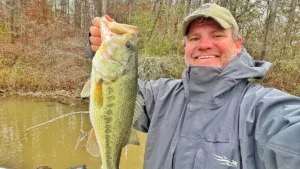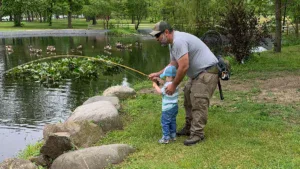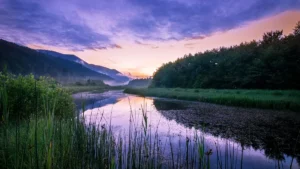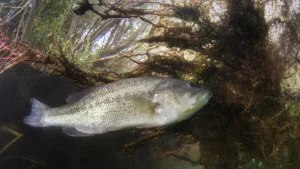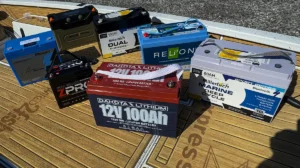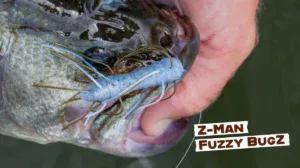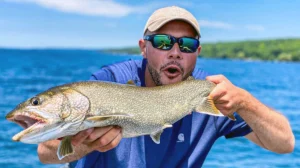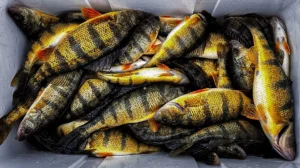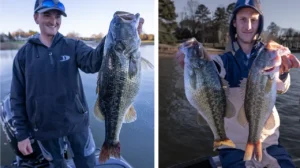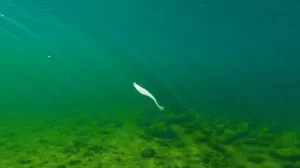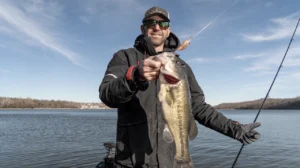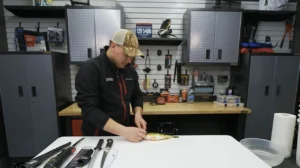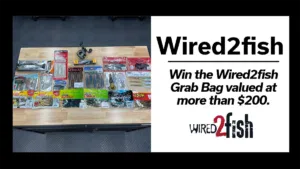Bass fishing tournaments are a fun and completive way to spend time on the water. Not only do you experience the great outdoors, but it’s a therapeutic activity that’s great for spending quality time with friends. While these events are fun no matter the circumstance, nobody will argue that catching a good limit of bass makes any tournament more fun.
However doing well in these fishing tournaments can be quite challenging, and it often requires a lot of time, skill and preparation. Spending time researching, preparing and practicing is one of the best way to be a consistent angler in these events. This feature will explain how to prepare for a bass fishing tournament through research, gear preparation, breaking down practice, time on the water and execution.
RESEARCH
When preparing for a fishing tournament, it’s always best to start with research. This is especially true for lakes you’ve never been too. Doing a quick google search is an easy way to get a quick understanding of the lake without ever stepping foot on the water. One of my favorite resources to study is tournaments results. Tournament organizations often post their results online or through social media platforms, this creates a wealth of information showing you what tournament weights to expect throughout the course of the year. This is a super efficient way to determine how much you need to catch to be successful on any given body of water.
Another effective way to research a body of water is by studying the maps. Both topographical and arial imagery serve as tools for quickly breaking down a body of water. Studying these maps before ever arriving at a lake is a great way to maximize your time on the water. Making note of historical locations such as previous tournament winning locations is always a great idea when breaking down a new body of water. The topographical maps are great for locating contour changes and offshore structure, while arial imagery is great for shallow cover and vegetation. Some of the most popular mapping brands consist of LakeMaster, C-Map and Navionics Digital Charts.
GEAR PREP
The next step in preparing for a fishing tournament is making sure you have all the necessary equipment. Not only does this include the correct rods, reels and lures, but your vessel must be working properly as well. Gaining a good understand of the lake through research is key for preparing your gear, especially on new bodies of water. Once you understand what type of bass, structure and cover are present, it becomes much easier to select your preferred lures. Focusing on productive baits from previous tournaments is another great way to get clued in on what these bass want.
Maximizing your time on the water is everything when in comes too quickly breaking down a body of water. This starts with having your gear ready before you arrive at the lake. Making sure all your rods are rigged and batteries are charged is crucial for a worry free day on the water. This can save you hours of wasted time over the course of the day, ultimately resulting in more chances at catching a fish. This is a great way to get an edge over other anglers when money and bragging rights is on the line. Once you have all your desired gear organized and ready to go, the next step is making a plan for practice.
BREAKING DOWN PRACTICE
While time on the water is important, spending productive time on the water is even more crucial. This is why having a plan for each day of practice is a great way to stay efficient. I like to start by breaking the lake into sections, fishing only one section each day of practice. This is an easy way to get an accurate understanding of each area on the lake. This is a great way to manage your time, as well as keep yourself from coving too much water too quickly.
Remaining productive on the water is crucial for being a good fisherman, and I’ve found that holding yourself accountable through goals and plans is a great way to insure productivity throughout practice. Once you’ve set your plan for practice, it’s important to go with the flow and pick up on the subtle hints mother nature given you. This means being willing to adjust your plan based on changing moods and conditions. Learning how to adjust comes with spending time on the water and understanding how bass react to certain weather conditions.
TIME ON THE WATER
Time on the water is undoubtably the most important factor in success on the water. This allows you more opportunities to learn about the body of water your fishing, making you a more effective angler. Anything from one to four days of practice is typically standard depending on the size of the tournament, however the more time spent fishing the better. Dedicating more practice to events your less confident in is a great way to manage your time when preparing for a tournament.
When spending this time on water, it is important to listen to what the fish are saying and not force whatever it is you want to do. For instance, say you’ve been throwing a jig for two hours without any bites. Then you make one cast with a crankbait and catch a bass. That’s mother nature telling you to retire the jig and pick up a crankbait. These are the subtle clues mother nature gives you that can help propel you to a tournament winning bag. The goal of practice is to capitalize on these clues and find an area or technique that can produce a large limit of bass. Once your confident you’ve found this location or pattern, all that’s left to do is execute on tournament day.
EXECUTION
Executing on tournament day is often easier said than done, however when it all comes together its a feeling like non other. One of the biggest factors anglers forget to take into account is weekend boat traffic. While the lake may be calm and peaceful throughout practice, once the weekend rolls around our lakes tend to get fairly crowded. This increased traffic can reposition fish due to boat waves and other types of commotion. Not only do pleasure boats affect the fishing, but other fisherman can make fishing much more difficult as well. Many of the well known areas will be covered with boats, making it harder to catch bass in these locations.
Another factor in executing on tournament day is landing all your fish. While having the right equipment can help, there’s not much else you can do to prevent a lost fish in these scenarios. So it’s important to remember that you can only control the controllable, and not to let one little mistake ruin your day. Getting fixated on one issue is a very common way for anglers to spin out and become unproductive. Bass fishing tournaments are meant to be fun, so maintaining a good attitude always comes first, and it typically leads to a better limit of bass.
Bass fishing tournaments are a great way to spend time on the water with friends. Not only is it a fun way to spend an afternoon, but it’s a great opportunity to learn more about your local fisheries. While often unpredictable, preparing for these tournaments through research, preparation, time on the water is the best way to foster success. While there is no right or wrong way to get ready for a tournament, this feature serves as a basic guide on how to prepare for a bass fishing tournament.







